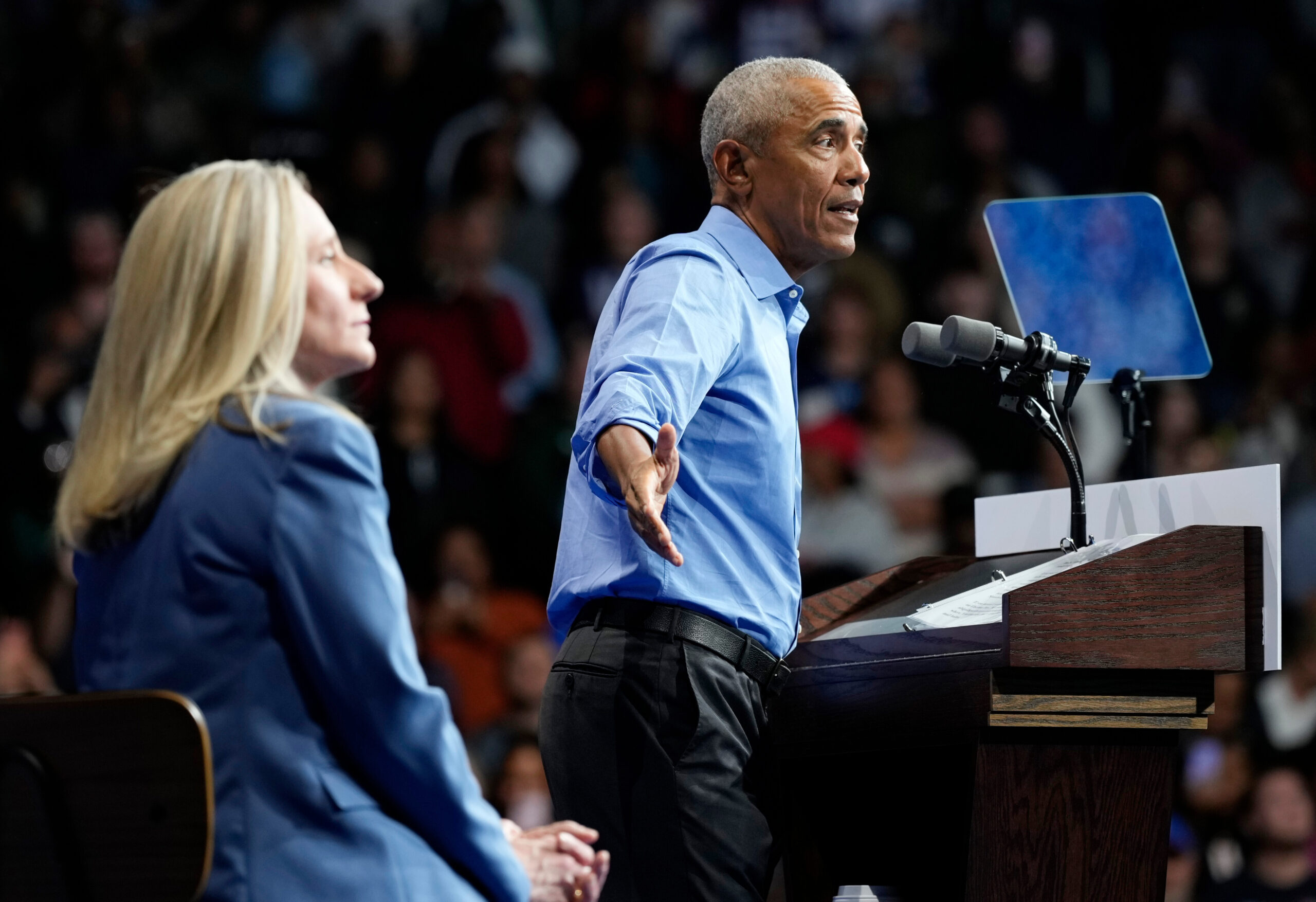Former President Barack Obama has stepped back into the political arena, taking on a vital role as the Democratic Party grapples with its leadership challenges following disappointing results in the 2024 elections. With the party struggling to define its direction, Obama’s involvement signals a significant moment for Democrats who are in search of a unifying figure to reinvigorate their base.
The 2024 elections were marked by notable setbacks for the Democratic Party, losing key races that have raised questions about its future. This situation has left the party in a state of uncertainty regarding potential candidates for the upcoming election cycle. Obama’s return to the forefront is seen as a strategic move to stabilize the party and offer guidance during this tumultuous period.
In recent appearances, Obama has emphasized the importance of unity and inclusivity within the party. Speaking to supporters in Washington, D.C., he stressed the need for Democrats to come together to confront the challenges they face. “We must remember what we stand for and ensure our message resonates with all Americans,” he said, highlighting the necessity of a cohesive strategy moving forward.
Obama’s leadership style and experience in navigating political landscapes make him a pivotal figure as the party contemplates its next steps. His return is not merely a nostalgic callback to his presidency but a call to action for Democrats to reassess their priorities and rally around a common purpose. As the party seeks to rebuild and redefine its identity, many view Obama as a stabilizing force who can galvanize support.
The National Democratic Committee has not formally announced any new leadership figures, but Obama’s reinvigorated presence is likely to influence discussions about the party’s future. His role could become more pronounced as potential candidates emerge, creating an opportunity for him to mentor and support the next generation of Democratic leaders.
In the wake of the 2024 elections, which saw significant voter turnout but ultimately unfavorable results for Democrats, Obama’s experience in mobilizing voters may prove invaluable. His focus on grassroots engagement and community outreach aligns with the party’s need to connect with a broader electorate, particularly in battleground states that will be crucial in upcoming elections.
Looking ahead, the Democratic Party faces the challenge of not only recovering from recent electoral losses but also redefining its platform to address the evolving concerns of voters. Obama’s insights and recommendations could play a vital role in shaping the party’s approach as it prepares for the next electoral cycle. With the 2024 elections serving as a stark reminder of the need for strategic planning and unified messaging, the former president’s involvement is likely to be closely watched by party members and political analysts alike.
As Democrats navigate this critical juncture, Obama’s legacy and leadership style may inspire a renewed sense of purpose. His commitment to fostering inclusivity and addressing the priorities of all Americans could be essential in rallying support and re-establishing the Democratic Party’s relevance in a rapidly changing political landscape.
